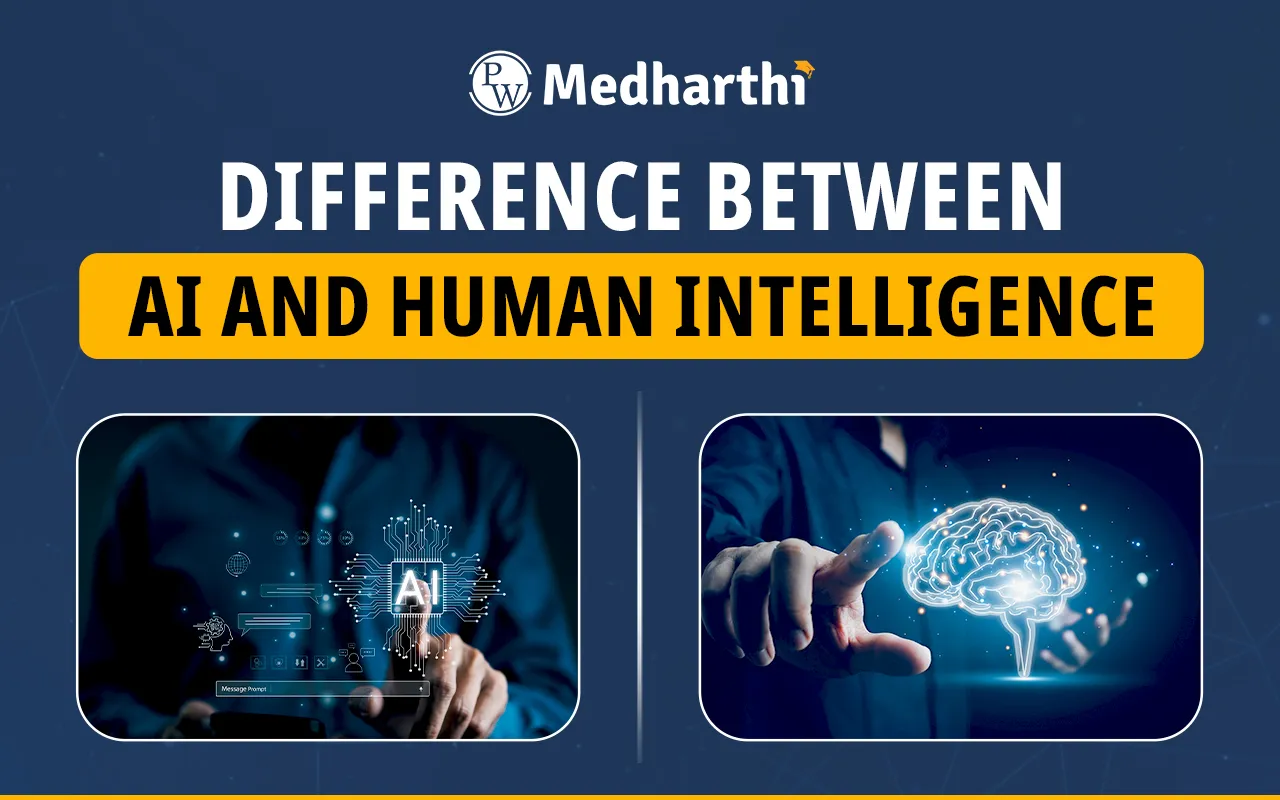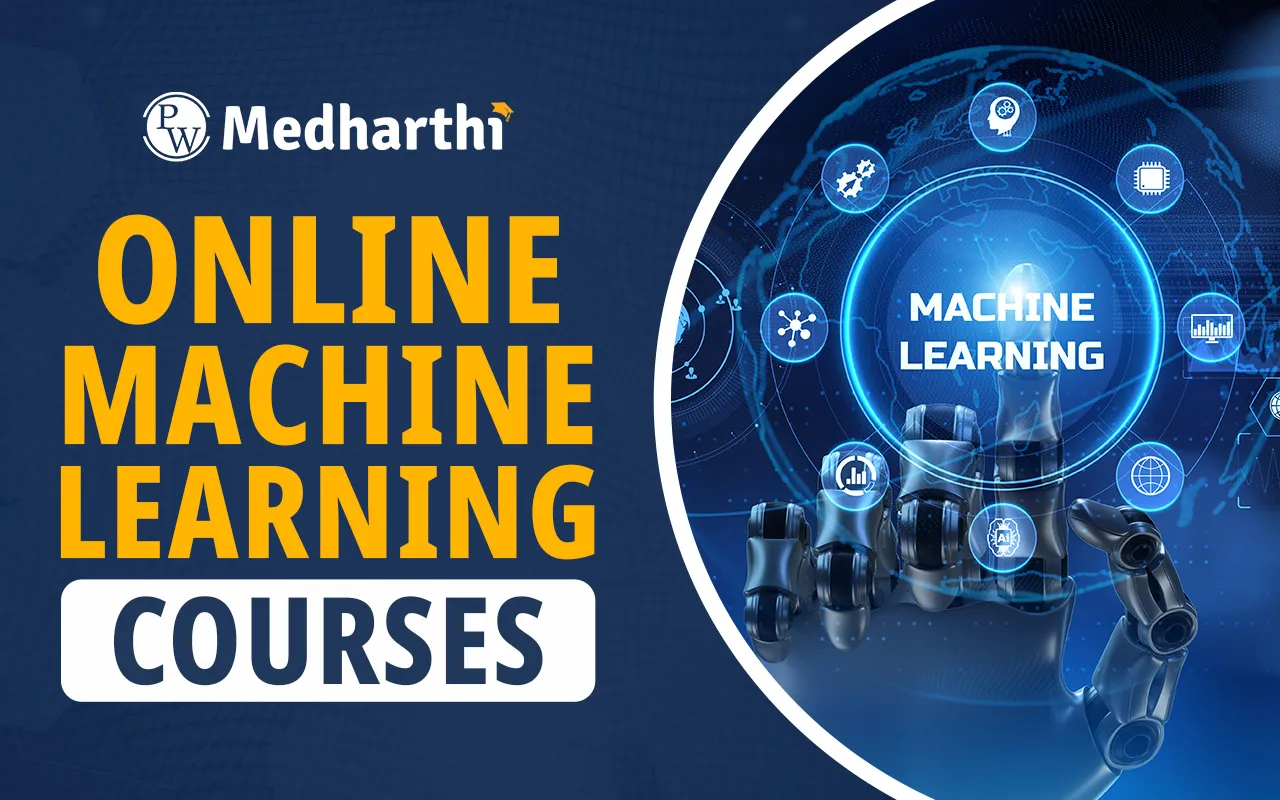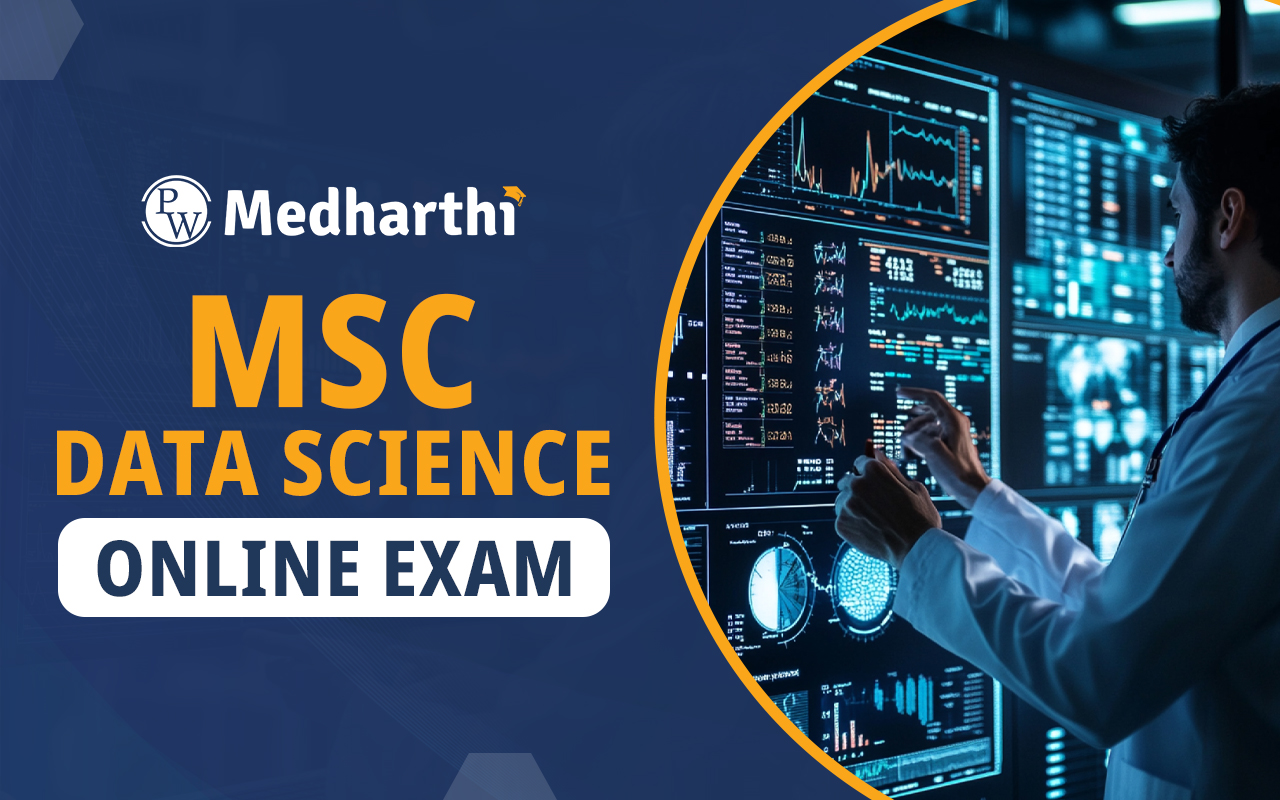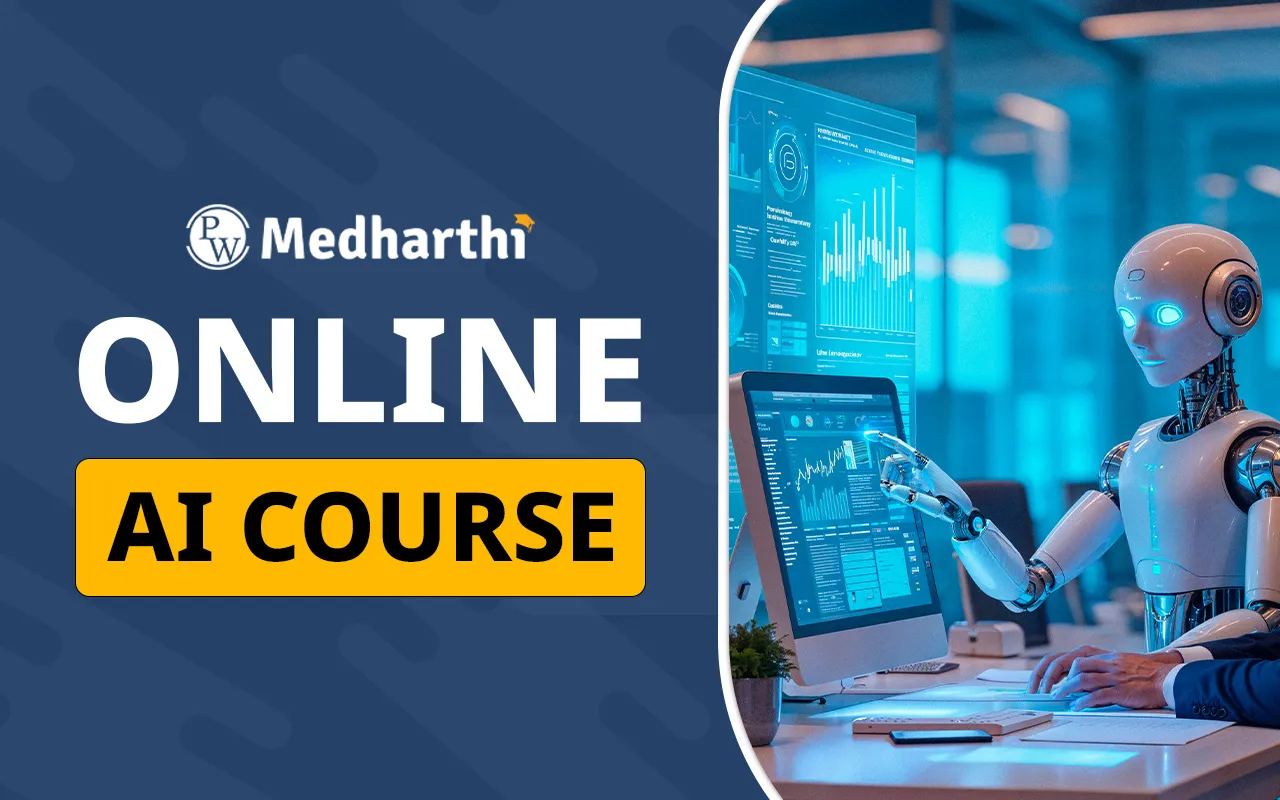
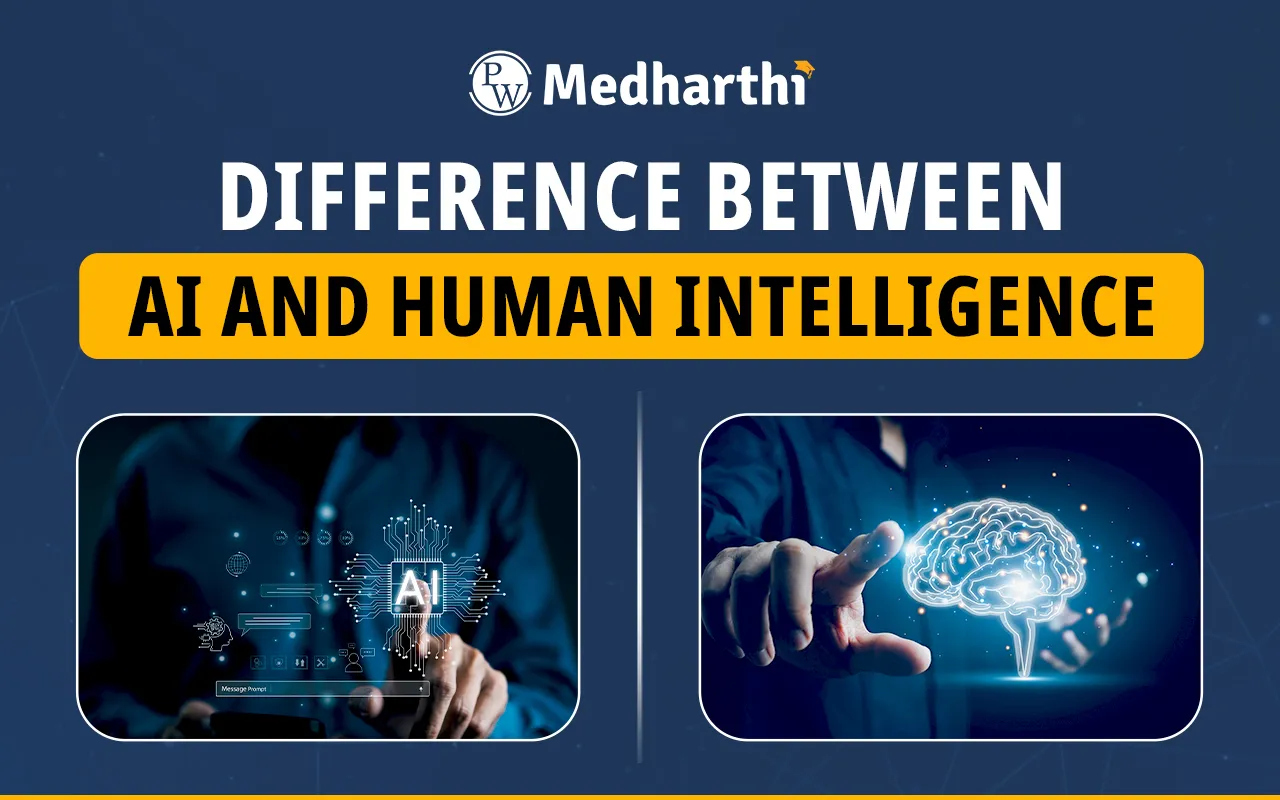
The comparison between artificial intelligence (AI) and human intelligence is increasingly relevant as AI systems continue to evolve and integrate into various aspects of modern society. While both aim to solve problems, learn from data, and perform tasks, the fundamental nature, capabilities, and limitations of AI and human intelligence are distinct. Understanding these difference between AI and Human Intelligence is essential for informed decision-making in technology development, policy, education, and workforce planning.
Difference Between AI and Human Intelligence
Enlisted here are some of the key difference between AI and Human Intelligence. Understanding these differences will help you in making strong and well-informed decisions for your organization or business.
1. Definition and Core Principles
Human intelligence refers to the cognitive capacity inherent in human beings. It encompasses reasoning, problem-solving, learning, memory, perception, creativity, emotional understanding, and consciousness. This intelligence arises from complex neurobiological processes and evolves through both genetic and environmental factors. It is adaptive, intuitive, and deeply connected to social and cultural contexts.
Artificial intelligence, on the other hand, is a branch of computer science focused on creating systems that can simulate certain aspects of human cognition. AI systems process data, recognize patterns, and perform tasks typically requiring human intelligence, such as language translation, image recognition, and decision-making. Unlike humans, AI does not possess consciousness or emotions; its functioning is limited to algorithms, models, and data processing capabilities.
2. Learning Mechanisms
Human beings learn through a combination of experiences, social interactions, emotions, and abstract reasoning. This learning is continuous and adaptive. A child, for example, learns language not just by exposure to words but through context, feedback, and emotional associations. Humans are capable of generalizing knowledge across different situations, learning from mistakes, and applying logic in novel contexts.
AI systems learn primarily through data-driven models. Machine learning, a subfield of AI, allows systems to improve performance based on exposure to large datasets. Supervised learning involves feeding labeled data to models, while unsupervised learning identifies patterns without predefined labels. Reinforcement learning, inspired by behavioral psychology, trains systems through rewards and penalties. However, AI's learning is narrow: it requires structured data, and its performance degrades when conditions deviate from its training parameters.
3. Adaptability and Flexibility
Human intelligence is highly adaptable. Individuals can apply learned skills in unpredictable environments, cope with uncertainty, and innovate solutions in real-time. Emotional intelligence allows people to navigate social dynamics, make ethical judgments, and respond to interpersonal cues.
AI systems, in contrast, are task-specific. A model trained to detect spam emails cannot write a persuasive essay or engage in meaningful conversation outside its domain. While advancements in general-purpose AI are ongoing, current AI remains narrow in scope. It lacks the holistic adaptability that characterizes human cognition.
4. Creativity and Intuition
Creativity is a hallmark of human intelligence. It involves generating original ideas, making abstract connections, and imagining novel scenarios. This ability spans across disciplines—arts, science, engineering, and philosophy—and is influenced by cultural and personal experiences.
AI can produce outputs that appear creative, such as composing music, generating images, or writing prose. However, these outputs are based on patterns in existing data and lack the intrinsic understanding or intentionality behind creative acts. AI does not possess imagination or self-awareness, and it cannot originate ideas beyond its programmed capabilities.
5. Emotional and Social Intelligence
Human intelligence encompasses emotional awareness, empathy, and the ability to build relationships. Social intelligence is essential for communication, collaboration, conflict resolution, and leadership. These traits emerge from conscious experience and interpersonal understanding.
AI lacks emotional depth. While natural language processing enables machines to mimic conversational tone or sentiment, AI does not genuinely comprehend emotions. Chatbots, for instance, can simulate empathy but cannot feel or authentically relate to human experiences. This limitation restricts AI's role in fields requiring emotional judgment, such as counseling or human resource management.
6. Decision-Making and Ethics
Human decision-making involves not only logical reasoning but also ethical, cultural, and emotional factors. People can weigh long-term consequences, consider moral implications, and act based on principles even when outcomes are uncertain.
AI decision-making is based on algorithms and statistical models. While it can optimize for specific outcomes, it does not inherently understand ethics. Bias in AI arises when training data reflects societal prejudices or when algorithmic design overlooks fairness. Unlike humans, AI cannot be held accountable in the moral sense, which raises concerns about transparency and responsibility in automated systems.
7. Processing Speed and Accuracy
AI systems excel at processing large volumes of data with speed and precision beyond human capacity. In fields such as finance, logistics, and medical imaging, AI can analyze complex datasets and identify patterns quickly and accurately. It is not subject to fatigue, distraction, or emotional interference.
Human cognitive processing, while slower, is more contextually rich. People can make informed decisions even with incomplete data and adapt to changing conditions intuitively. Human reasoning incorporates qualitative judgments that AI cannot replicate.
8. Evolution and Development
Human intelligence develops over a lifetime. It is influenced by genetics, upbringing, education, and personal experiences. This development is nonlinear and deeply integrated with physical, emotional, and social growth.
AI systems do not develop organically. They are built, trained, and refined through engineering processes. Their capabilities are determined by the quality of data, algorithms, and computing infrastructure. Any improvements require explicit retraining or reprogramming.
9. Resource Requirements
AI requires significant computational resources, including hardware infrastructure, energy consumption, and specialized technical expertise. Training large language models, for instance, involves extensive datasets and powerful processing units.
Human intelligence operates within a biological framework, using comparatively low energy and functioning in diverse environments. While biological systems are more energy-efficient, they are also subject to limitations such as aging, fatigue, and illness.
10. Consciousness and Self-Awareness
Perhaps the most fundamental difference lies in consciousness. Human intelligence includes self-awareness, subjective experience, and the ability to reflect on thoughts and existence. These qualities define personhood and shape human behavior in profound ways.
AI lacks consciousness. It does not have a sense of self or subjective experience. Its outputs are the result of programmed instructions and learned data patterns, not introspective or conscious thought.
| Online Degree Important Links | |
| Online MCA Programs in India | Online BCom Course |
| Online MCA Course | Online Degree Programs |
| Regular Degree Vs Distance Degree | BA Online Registration |
Difference Between AI and Human Intelligence FAQs
What is the main difference between AI and human intelligence?
Can AI think like humans?
Is AI smarter than humans?
Does AI have emotions?
Can AI replace human intelligence?

